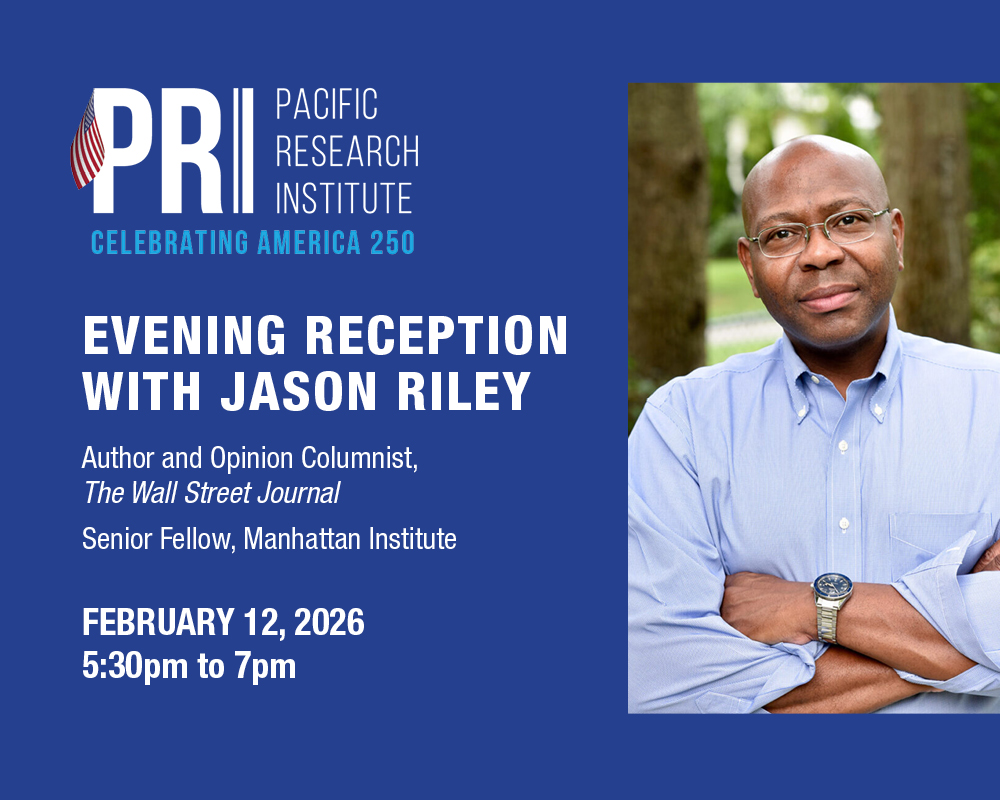Click here to download a copy of Pipes’ comments
Thank you for inviting public input on the Department’s Section 232 examination of pharmaceutical imports and their relevance to U.S. national security interests.
As president and CEO of the Pacific Research Institute and a longtime healthcare policy analyst, I’ve spent over three decades examining how government action shapes access, affordability, and innovation in the medical sector. I write regularly on these issues in national outlets and have testified before Congress on the unintended consequences of policy decisions in health care.
I support the Department’s aim of strengthening our pharmaceutical supply chain. But imposing tariffs on pharmaceutical products and ingredients — especially on imports from our allies in places like Europe, Japan, and Australia — would be a grave mistake. Annually, America purchases more than $128 billion in medicines from Europe and more than $6 billion from Japan.
Tariffs on those medicines will raise production costs for domestic manufacturers who depend on high-quality components from trusted partners. These costs will ultimately be passed along to patients, public insurance programs, and private insurers. Added expenses will price some Americans out of the treatments they need, at a time when nearly 100,000 preventable deaths each year are already linked to patients not taking medications as prescribed. Lives depend on open and free trade for medicines.
The risk of drug shortages would also rise. Many manufacturers may scale back production in response to higher input costs. Eighty percent of biotech firms report that it would take at least a year to replace European suppliers — and more than 40% say it would take two years or more.
Building new manufacturing facilities in America to replace European or Japanese suppliers would take years, even if regulations are streamlined. The idea that these highly complex supply lines can be quickly rerouted or replicated domestically is simply unrealistic.
Long-term innovation is also at stake. Developing a new drug can take more than a decade and billions of dollars. Redirecting scarce resources from research and development to cover the cost of tariffs would slow progress on new therapies. Several biotech firms have already indicated they would need to delay or rework regulatory filings if such duties were imposed.
Across-the-board tariffs will only raise costs, reduce access, and weaken our overall healthcare system. I respectfully encourage the Department to reject tariffs on pharmaceutical imports and ingredients.
Thank you again for your time and consideration.


